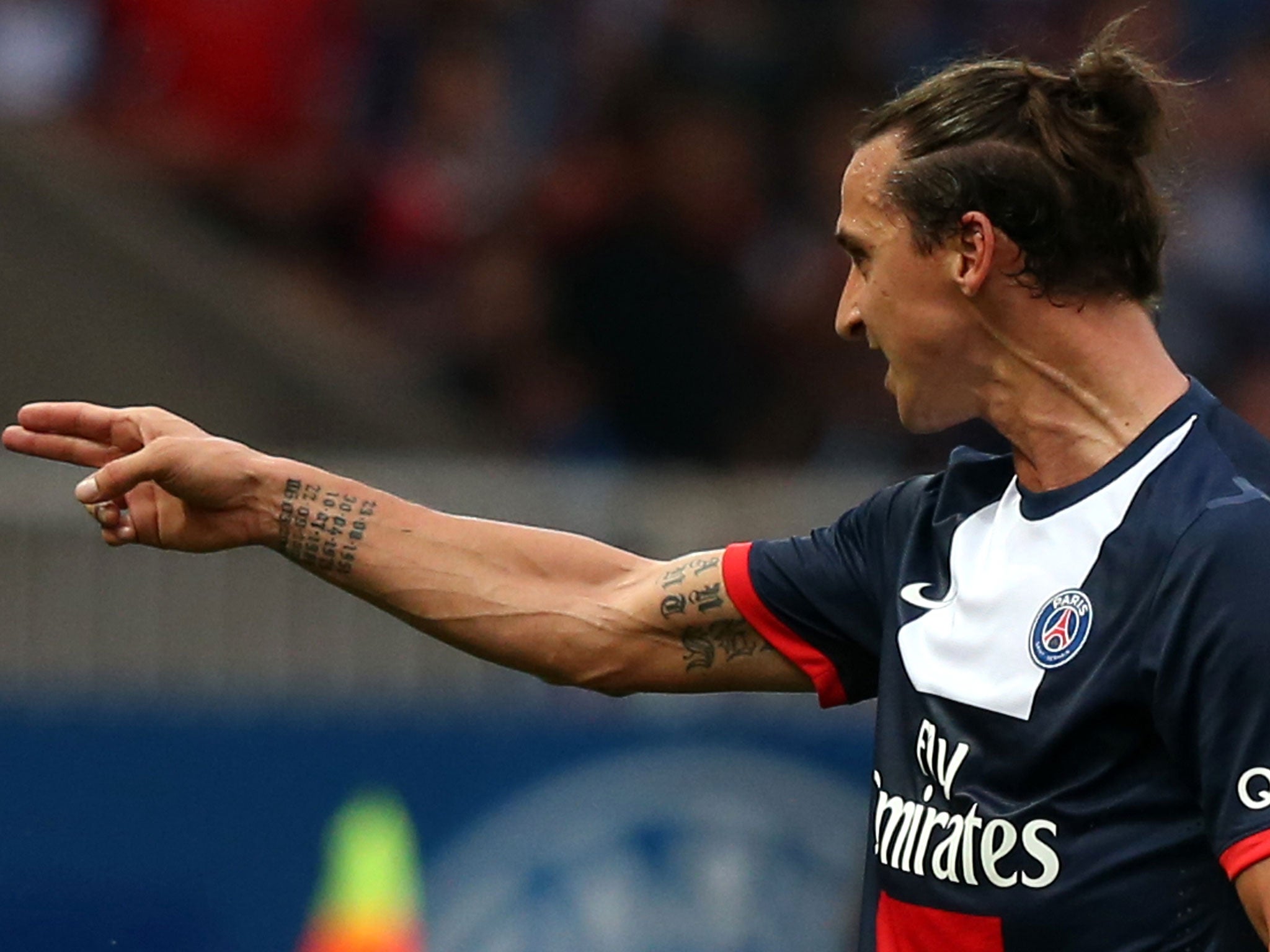Not that kind of strike: French football cancels November match weekend in protest at 75% super tax
France's two professional leagues will refuse to play in an attempt to win over fans

Your support helps us to tell the story
From reproductive rights to climate change to Big Tech, The Independent is on the ground when the story is developing. Whether it's investigating the financials of Elon Musk's pro-Trump PAC or producing our latest documentary, 'The A Word', which shines a light on the American women fighting for reproductive rights, we know how important it is to parse out the facts from the messaging.
At such a critical moment in US history, we need reporters on the ground. Your donation allows us to keep sending journalists to speak to both sides of the story.
The Independent is trusted by Americans across the entire political spectrum. And unlike many other quality news outlets, we choose not to lock Americans out of our reporting and analysis with paywalls. We believe quality journalism should be available to everyone, paid for by those who can afford it.
Your support makes all the difference.French professional football clubs have scrubbed all matches over one weekend next month to protest against President François Hollande’s 75 per cent “super tax” on high salaries.
Jean-Pierre Louvel, president of the Union of Professional Football Clubs, said the tax – due to be imposed from next year – would be the “death of French football”.
“That's why we are fighting and we will continue to fight,” he said after an emergency meeting of clubs yesterday.
All games in the top two divisions – the only fully professional French leagues – will be cancelled in the last weekend in November. Instead, the clubs will invite fans to come to open training sessions where they will be asked to join French football’s campaign against the super-tax.
How popular such open days will be is unclear. According to a poll published yesterday, 85 per cent of French people believe that Mr Hollande’s tax on income over €1m should apply to professional football.
Although it was not made clear yesterday, it appears that the cancelled games will take place later in the year. The more cynical fans might assume that French clubs had simple extended their normal winter break.
TV companies who have multi-million euro contracts to show matches in the top division – including the crack Paris St Germain - Lyon game due that weekend– are said not to be amused. Legal action is expected.
Under a revised version of Mr Hollande’s super tax agreed by parliament last week, the burden would fall on businesses - including football clubs – not on individuals. The original proposal to force individuals to pay a 75 per cent rate of on marginal income over €1m was declared unconstitutional earlier this year.
Mr Louvel said yesterday that it was therefore not super-rich footballers who would pay the new version of the tax but the relatively weakly funded French clubs.
“How can you tax businesses that have been in difficulty over the last three or four years?” he asked “And why have they been (in difficulty)? Because the taxes we've (already) been paying are too high. And people ask why we're not competitive with other (European) leagues.”
Representatives of the clubs will meet President Hollande next week in a final attempt to persuade him to grant football an exemption. The government points out that it has already “capped” the super tax liability of French clubs at five per cent of their revenues.
Even for the wealthiest of the French clubs, Paris Saint-Germain, owned by the Emirate of Qatar, this would limit exposure to the tax to €20m a year. Other, poorer clubs, would expect to pay between €3m and €5m a year.
Since this is what a club would expect to pay - or receive – as a transfer fee for a single moderately talented defender, the government argues that it is not an insuperable burden. Noel le Graet, president of the French football federation (uniting both amateur and professional game) agrees. He said yesterday that French people and businesses were being asked to make many sacrifices to reduce the country’s deficit.
“Professional football should not be exempt,” he said.
The super tax – due to last only two years while France reduces its budget deficit – was one of the most spectacular proposals during Mr Hollande’s successful presidential campaign last year. Implementing the idea has proved to be a political and constitutional nightmare. Even the threat of the tax is said to have accelerated the “fiscal flight” of wealthy French people who have moved to Belgium, Switzerland and Britain.
Join our commenting forum
Join thought-provoking conversations, follow other Independent readers and see their replies
Comments